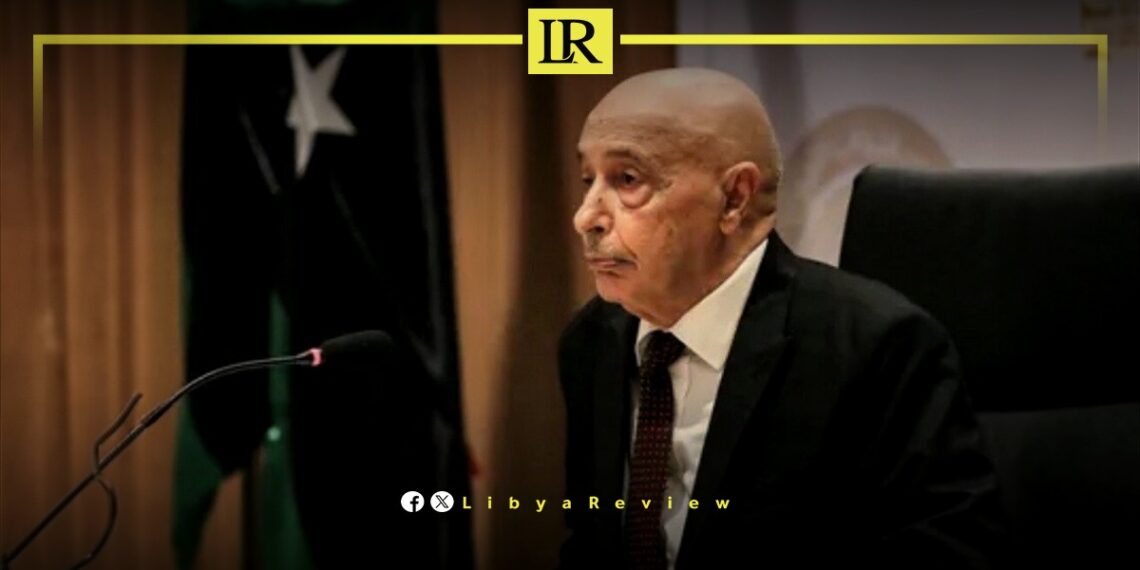The United States Embassy in Libya has denied claims attributed to it regarding the Libyan House of Representatives’ decision to end the mandate of the executive authority. The embassy labelled the document circulating these claims as forged and baseless.
The fraudulent memo, which the US Embassy described as a forgery, falsely claimed that US Ambassador Richard Norland deemed the House of Representatives’ decision to end the executive authority’s mandate and withdraw recognition from the Government of National Unity as illegitimate. The memo further alleged that the US Embassy had called for international sanctions against House Speaker Ageela Saleh, including the freezing of his assets abroad.
In a tweet posted on its official account on the social media platform X, the US Embassy clarified that the fake memo, presented as an official statement from the embassy, is a fabricated document. The embassy condemned the fraudulent use of its official letterhead to spread false information and mislead the Libyan public.
The embassy suggested that the official letterhead used in the forgery might have been taken from a condolence message previously issued by the embassy, calling this act highly objectionable.
The US Embassy reiterated that the United States’ stance on the Libyan political process remains unchanged, emphasising its continued full support for the United Nations-facilitated political process. This process is based on dialogue and compromise among all Libyan parties and is grounded in the principles of the Libyan Political Agreement and the Geneva process.


